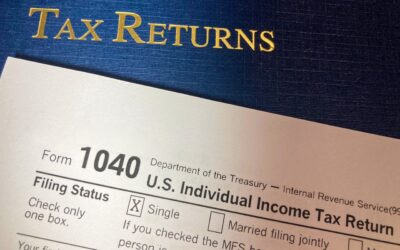There may be several types of mortgages, but over 90% of buyers choose the American archetype, i.e., the 30-year mortgage. Recently, homebuyer trends have been changing, and some people gravitate towards the new 15-year mortgage. Is that always a wise choice? If you ask an expert, they’d say the choice between a 15 vs. 30-year mortgage depends on your personal goals.
Both have much in common, including a fixed rate and fixed term, but there are also significant differences. This guide will compare the 15 and 30-year mortgages to help you make an informed decision.
Pros of a 15-Year Mortgage
The 15-year mortgage reduces the repayment period by half, so you’ll get rid of the debt faster than a 30-year loan. Picking this option is wise for people who want to acquire their mortgage-free status as soon as possible.
- A 15-year mortgage has a lower interest rate and higher monthly payments, which allows you to quickly pay off the principal barrier and build home equity sooner.
- A 15-year mortgage has a lower term and hence, lower interest as compared to a 30-year mortgage, which means you get to look forward to higher savings.
- The interest rate is almost 0.750% lower than a 30-year mortgage, which is a benefit.
Cons of a 15-Year Mortgage
- 15-year mortgages have higher monthly payments compared to a 30-year mortgage because you need to pay off the loan in half the time.
- The 15-year mortgage monthly payment will drastically increase with a bigger and better house, so you might have no option but to settle for a more modest house.
- The higher monthly payment means you’ll have little to nothing left for investing elsewhere, even if an opportunity arises.
Pros of a 30-Year Mortgage
- The lower monthly payment alleviates some of that financial burden, ensuring you still have enough left in case of any medical or other emergencies.
- A 30-year mortgage has a lower monthly payment, which may enable you to qualify for a larger loan to buy an even better and more expensive house.
- It frees up your cash to help you save for retirement or other expenses.
- The lower monthly payment may make you eligible for a loan even if you have a poor credit score.
Cons of a 30-Year Mortgage
- A 30-year mortgage takes twice the amount to pay off, which means you pay significantly more interest than a 15-year mortgage.
- This type of mortgage has a higher interest loan by at least 0.5%.
- It will take you much longer to be debt-free.
- You will build up equity much slower, which means you’ll have lower funds if you sell the house to purchase another one.
Which Is Better?
Choose between a 15-year and 30-year mortgage depending on a few factors like your affordability, age, and choice of home. If you can afford it, choose a 15-year mortgage to get rid of the debt quicker.
If you’re over 35, you should consider a 15-year mortgage, so you are debt free by the time you retire. However, if you can’t afford such large monthly payments and want to buy an expensive home, you are most suited to the 30-year mortgage.



